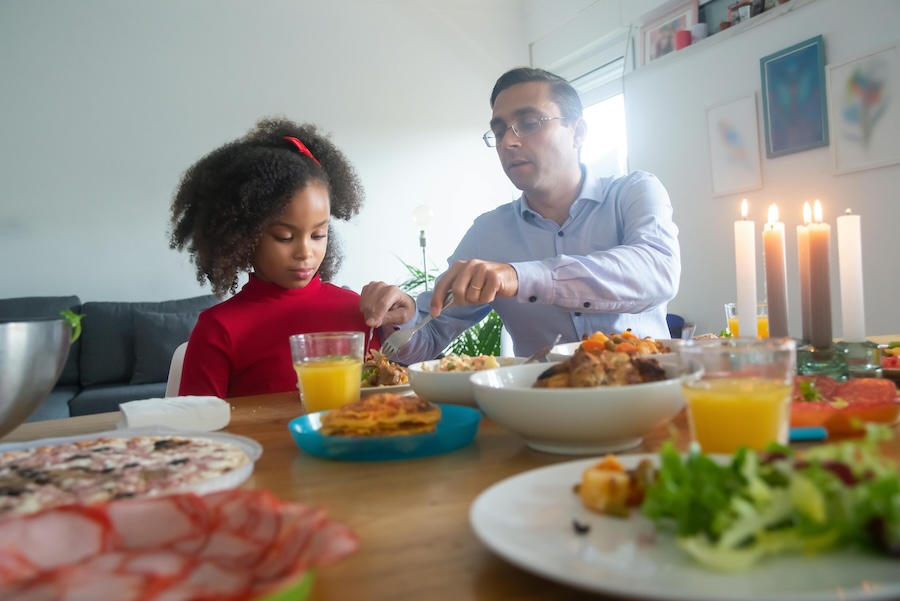The idealized image of the dinner table — shared laughter among family and friends over a homemade meal — has often been seen as society’s gold standard for gathering. Yet looking back at my own life, cherished nights around the dinner table were few, a reality I share with a growing number of Canadians.
According to a 2018 Statistics Canada report, 30 percent of Canadians ate all their meals alone. A 2017 Dalhousie University study of 1,019 participants found a majority of Canadians often eat alone. For Sylvain Charlebois, lead researcher of the study and professor of food distribution and policy at Dalhousie University, this is an indicator of society’s changing relationship with food.“Is food a sharing experience, or is food just a function of something we need to do everyday?” asks Charlebois.
You may unsubscribe from any of our newsletters at any time.
In a fast-paced society, the dinner table — or rather the time spent around it — is a space to pause and simply exist. It’s also a space at risk: the Dalhousie study found 51 percent of generation Z felt their work- or school-life balance did not permit them to prepare or eat their meals at home. “I do think the three-meal institution is under tremendous pressure, especially with the new generations.
More on Broadview:
Millennials and generation Z aren’t necessarily ‘meal’ people — they’re more ‘snacking’ people,” he says. “It does beg the question: are people going to be eating alone for the rest of their lives?”
For Charlebois, the pandemic served as a reminder of the importance of the dinner table and what it can provide. “It got people to think differently about their relationships, and of course, food was at the centre of our lives for a very long time,” he says of that period. “I think food can heal problems, get people to think differently or just [encourage] talk.”
Communal feasting won’t solve the world’s problems, and indeed, for some families, the dinner table can also be a place of conflict, discomfort and trauma. Yet because of that very suffering, creating time to share a meal with chosen loved ones takes on much greater importance.
“I think there’s always going to be a need for embracing the cultural and traditional aspect of food. There’s no doubt in my mind, food unites us all,” says Charlebois. “We should remind ourselves of that once in a while.”
***
Nathan Abraha is a freelance journalist in Toronto. His work covers culture, arts and political history.















Nathan, I recognize myself in your report. I dine alone and do all my own food preparation.
As a retired UCC Minister and a 80+ senior I only share food when I go out to help my partner at breakfast or occasionally supper at her LTC Home, which BTW was founded by the UCC in Toronto in 1931. Food has/will always unite us!
I liked Nathan Abraha’s article on the rise in people eating alone. It dovetails nicely with a recent article I read about the disappearance of dining rooms in the design of modern homes and condos. I live in an apartment in Ottoman, where the dining space has disappeared. In its place is an island in the kitchen area. I’m not sure which came first, a reflection of eating trends or if it’s a financial factor which allows developers to shrink the size of apartments or condos. It’s probably a combination of the two.